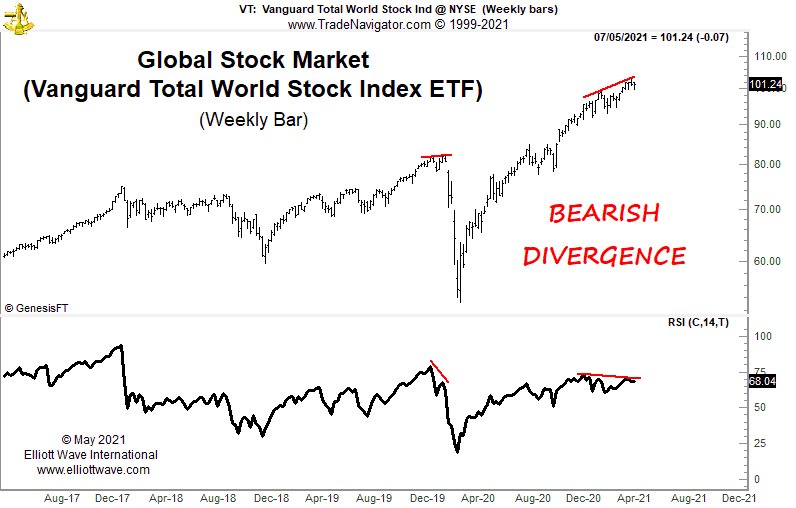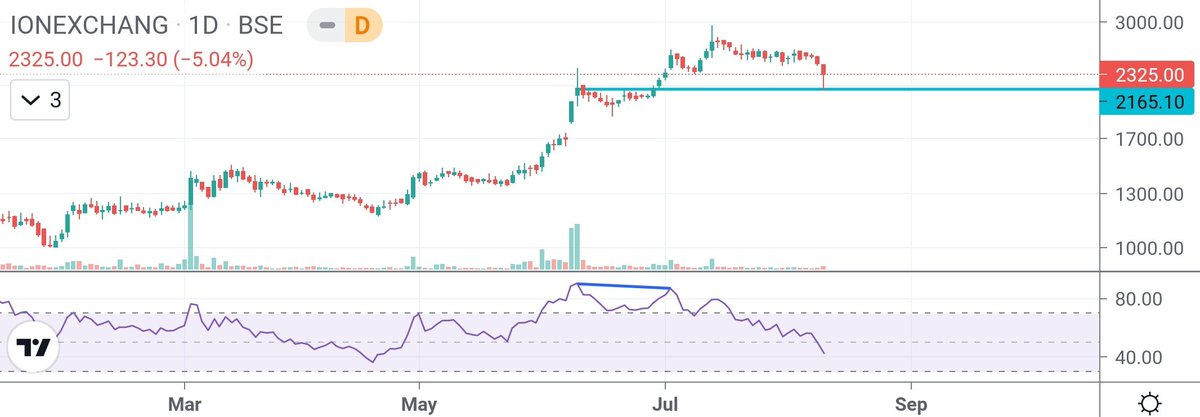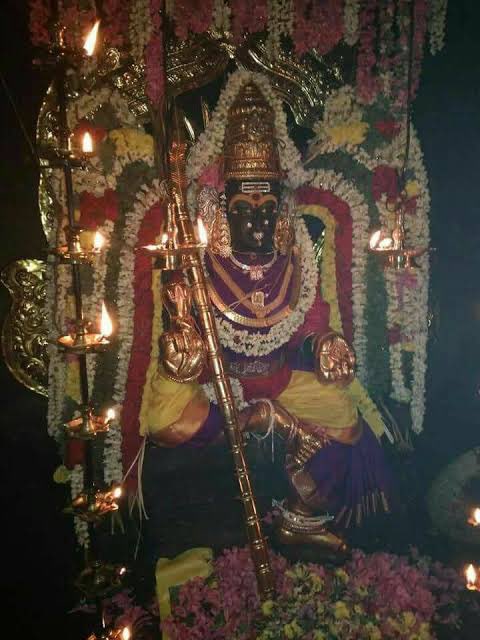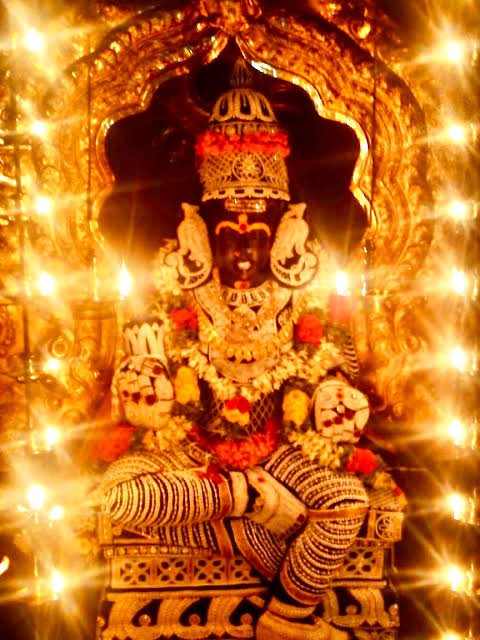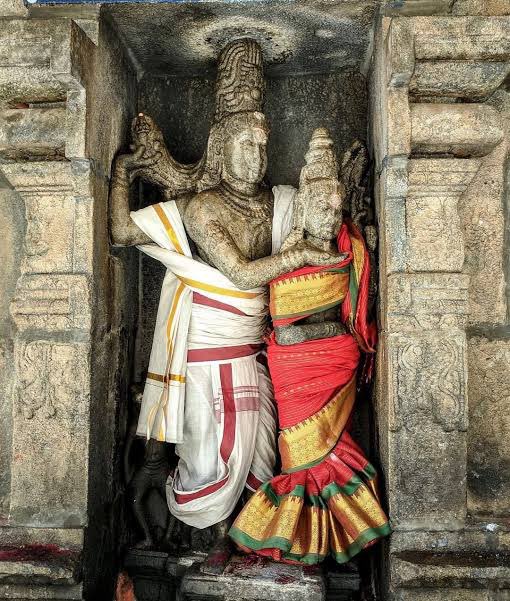Hats off to @jhunjhunwala_b and thanks to @elearnmarkets for hosting Bharat ji.
Thought provoking, cant learn this sort of applications so quickly from books.
Learnt new ways of looking at RSI 👍
RSI is one of the most versatile indicators in the stock market.
— elearnmarkets (@elearnmarkets) July 3, 2021
View Webinar: https://t.co/Mlov60NPY2
Join @jhunjhunwala_b and learn how to pick multibagger stocks based on some RSI range rules
Use Code WEB20 for 20% OFF.#rsi #stockmarketindia #stocks #profits pic.twitter.com/eVu3SlsxaJ
More from Rsi
Stumbled across this Amazing thread by @nishkumar1977 on RSI Momentum Trading Strategy.
Have put it in pictorial form.
Read the whole thread to understand better.
Retweet to help everyone understand better. https://t.co/vPYoGgQEqm

Have put it in pictorial form.
Read the whole thread to understand better.
Retweet to help everyone understand better. https://t.co/vPYoGgQEqm

A Tattoo has been posting selective screenshots of my Tweets to this followers to showcase how I do not know how to use RSI.
— Nishant Kumar (@nishkumar1977) November 29, 2020
While he runs his shop showing other people down, here are the basics for the wise:
1) RSI above 70 gets into overbought zone but it's the crossover from



